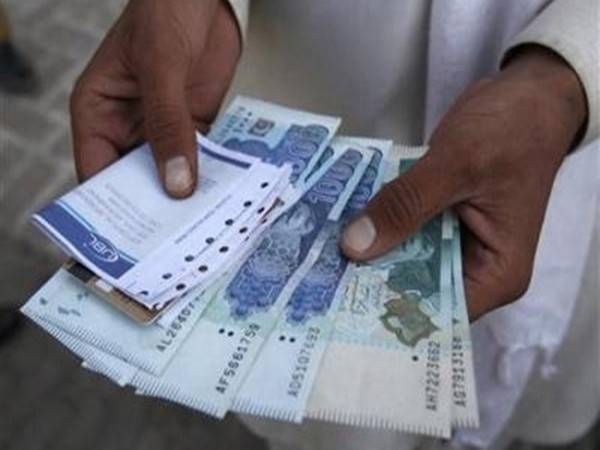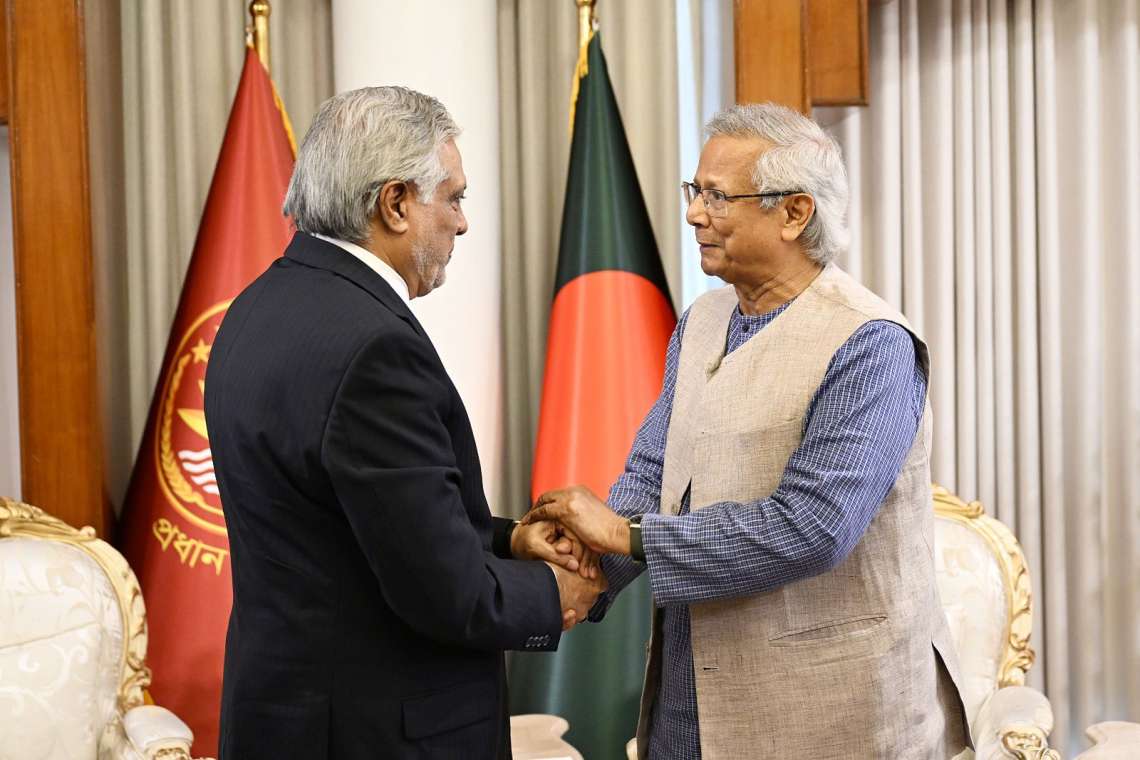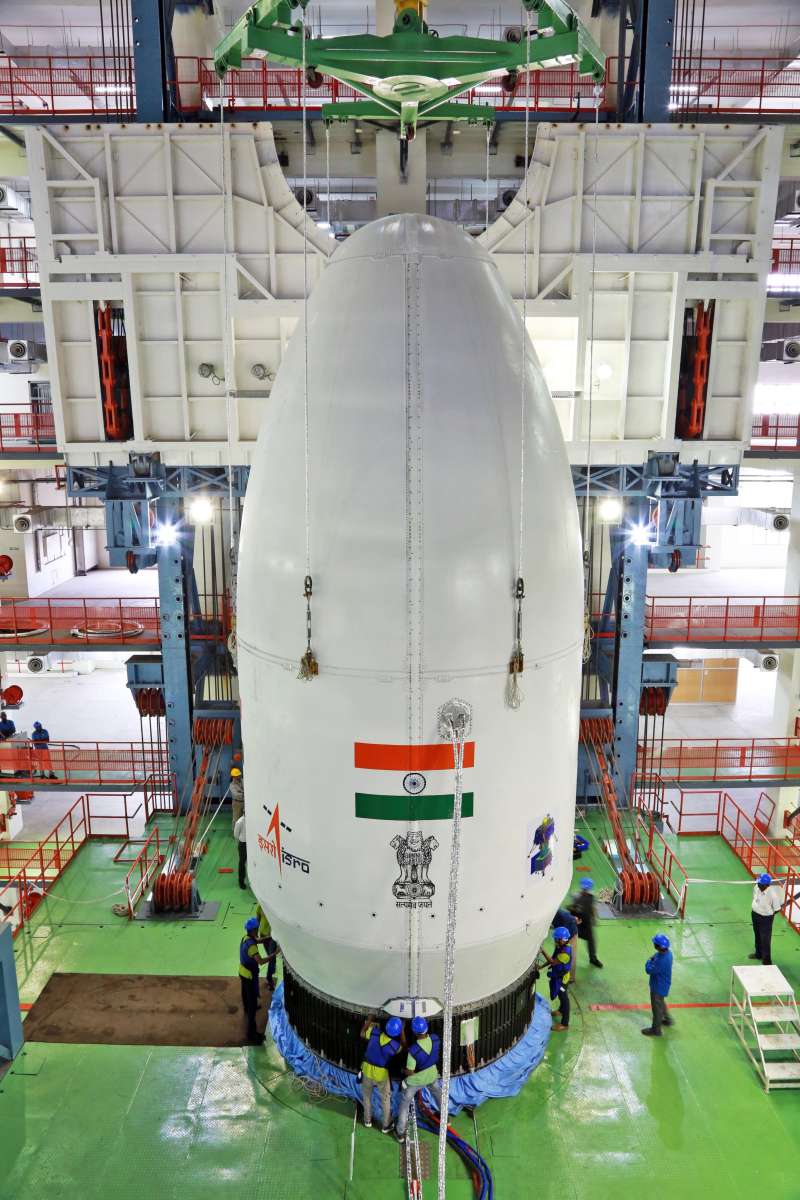A decline of 25 per cent in a matter of 6 months is indicative of the pace at which confidence in the Pakistani industry is waning….reports Asian Lite News
Pakistan’s falling economic situation, inflation, uncertain policy environment and volatile banking rates are making the business class depressed and also making them lose confidence in the economy, Federico Giuliani wrote in InsideOver.
Recently, Overseas Investors Chambers of Commerce and Industry (OICCI) revealed a grim account of the faith reposed by businessmen in Pakistan’s industry and economy. Overall Business Confidence Score (BCS) stood at negative 25 per cent during the survey conducted in March-April 2023 (Wave 23), which was 21 per cent lower than the previous level of negative 4 per cent seen during the last such survey conducted in September-October 2022 (Wave 22).
A decline of 25 per cent in a matter of 6 months is indicative of the pace at which confidence in the Pakistani industry is waning.
According to InsideOver, the three major threats to business growth identified in the survey were high Inflation (82 per cent of respondents), high taxation (74 per cent), and Pakistani rupee devaluation (72 per cent).
Looking at the data, Amir Paracha, President of OICCI said that there is no surprise that the overall Business Confidence dropped after considering the volatile and extremely challenging economic situation during the past year.
“The acute forex shortage has affected import and operations of many businesses, with hyperinflation, very high-interest rates, and rapid devaluation of the currency negatively impacting the business environment,” he said.
The loss of confidence is said to be specifically severe for the manufacturing, retail and services sectors which are prone to a multitude of miseries. Constrained by the crippling restrictions on imports, manufacturing witnessed a decline in confidence of 22 per cent. Additionally, the services and retail sectors recorded figures of negative 26 per cent and 35 per cent, respectively.
The fall in business confidence seems to be flowing from a consistent deterioration in key economic parameters during the last six months. A halt on dividend repatriation and the imposition of super tax last year also played a role in lowering businesses’ faith. Ironically, the recent budget is likely to increase the burden of taxes further as a rise in super tax rates was announced. Last year, there were four slabs – starting with a per cent super tax on income higher than Pakistani Rupees (PKR) 150 million till a maximum rate of 4 per cent on income more than PKR 300 million. The tax rates now have a maximum rate of 10 per cent for income higher than PKR 500 million, reported InsideOver.
The super tax will be topped up by a windfall tax set to be levied at a rate of up to 50 per cent on extraordinary incomes. Interestingly, it will be applied retrospectively to the incomes earned during the last five years. The moves are expected to have a demoralising effect on big businessmen who may choose to hold back or scale down their investment plans.
According to some estimates worked out by the Pakistan Business Council, some group holding companies may effectively end up paying total taxes of 70 per cent on their incomes. The number seems scary for investors looking at new opportunities. Compounding the problems of economic mismanagement are the ones originating from the ongoing tussle among institutions of governance in Pakistan.
Frequent security incidents are intimidating foreign investors away. A steady requirement for investments calls for structural reforms in the country. However, it does seem likely in the near future considering the surrender of Pakistan’s polity to factionalism and radicalization, reported InsideOver. (ANI)














